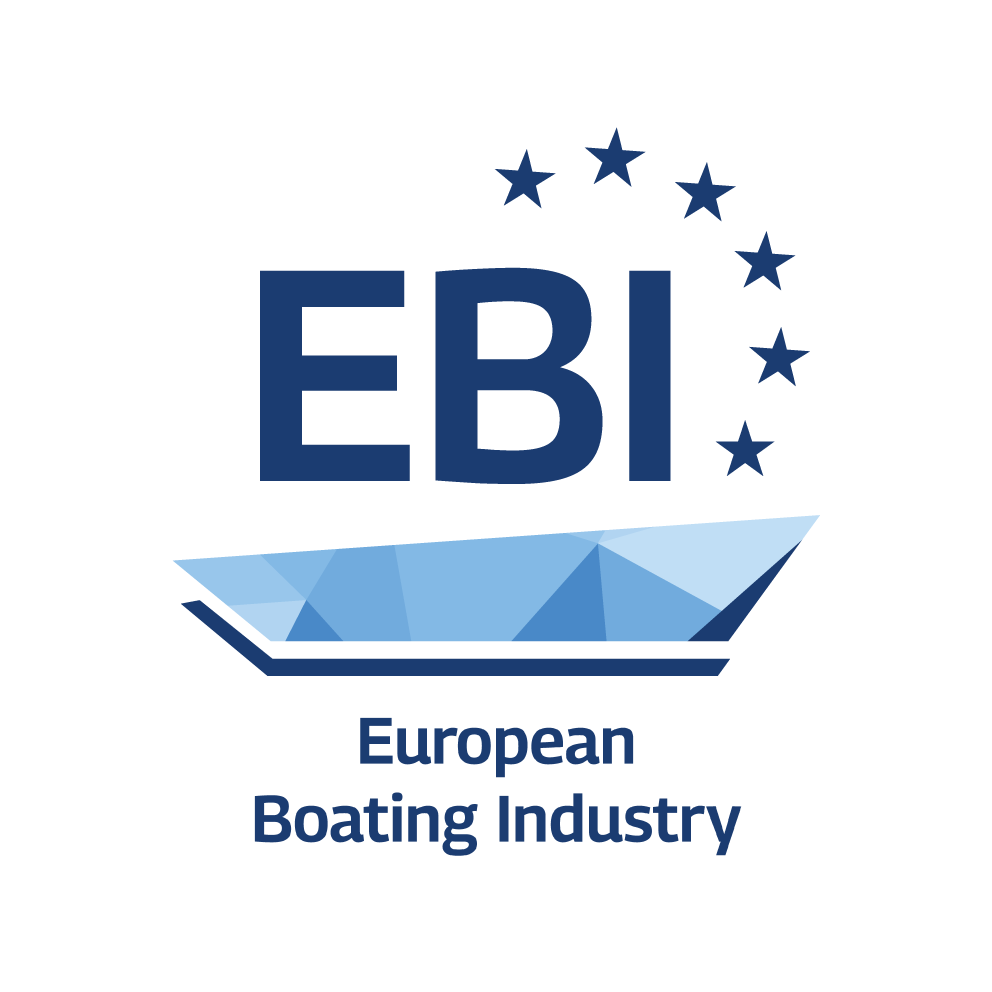Yacht Charter (Standard) Terms & Conditions –
In association with YACHT-POOL International, the pioneer of yacht charter insurance, have been developed by ICOMIA and EBI. These Terms and Conditions can be seen as a continuation of the Faircharter Contract, which is already well established in parts of Europe.
Click on the paragraph headings below to jump to that section –
Standard Yacht Charter Terms & Conditions applications
The International Standard Yacht Charter Terms and Conditions are intended to provide international, uniform terms and conditions for charter contracts and aim to support both charter providers and the agencies associated with them, as well as the end user.
Click below to make an application for the International Standard Charter Terms and Conditions, noting that the cost is determined by fleet size. Completed application forms or queries should be sent to info@icomia.com

“It is important that there is a fair and consistent approach towards consumers and a harmonisation of industry practice that includes all parties; consumers, agents and yacht charter companies.”
Philip Easthill, Secretary General, EBI.

YACHT-POOL, the pioneer of charter insurance, has always been committed to safe chartering. Over 10 years ago they developed the Faircharter Contract, that came as close as possible to balancing the legitimate concerns of the charter company and the charterer-customer.
Yacht Charter History
The yacht charter industry has developed over the past forty years from a small group of enthusiastic sailors within a pioneering sector to a significant part of the tourism industry. Today, the charter industry comprises around 600 charter companies worldwide, through which thousands of charter contracts are concluded per year.
As the volume of the yacht charter industry has grown, the business and legal challenges have also increased. One of the main challenges was an appropriate contractual arrangement on the basis of which the transfer of the charter ship should be moved to the responsibility of the charterer. This meant that fleet operators and charter agencies were forced to formulate their own contracts, in the way they thought was right for themselves, and so the charter trip that the skipper and his crew had been looking forward to all year became a legal transaction based on a contract with many clauses.

Legalities
A lot of what the charterer wanted was sometimes formulated purely based on the charterer’s experience. But parallel to this development in the charter industry, the jurisprudence also developed. And here in particular, in the area of consumer protection. Much of what the charterer understood as his right to freely conclude contracts was no longer freely negotiable.
In particular, the legally binding provisions of European consumer law, which is valid throughout Europe, should be mentioned here. And in more and more contracts from the various providers, there were clauses that were invalid under these legally binding regulations, as least in Europe. This led to more and more cases of disappointment both on the part of the charterers, who had difficulty understanding that they were being restricted in their holiday contract design, and on the part of the charterers, who saw such clauses in the event of a conflict as an unlawful attempt at unlawful exploitation. And even if this only affected individual cases, they increased accordingly with the overall development of this economic sector.
Yacht charter perceptions
Through publications in specialist magazines, such cases were increasingly known to a wider public. This ultimately had an impact on the image of the entire industry and thus also affected those who resolved all conflicts with their customers amicably.

Contractual agreements between the charterer and the charter company also affect the services provided by the insurer if different liabilities are imposed on the customer through certain contractual clauses or if certain services are excluded from the outset by the general insurance conditions of the respective country.
In summary
If contractually agreed assumptions of liability affected the insurance companies in legal cases that were so complex and often incomprehensible to the layperson, in practice. This was the reason why YACHT-POOL developed general terms and conditions in the first place, and because these were so effective, we used this contract model as a template for creating these ICOMIA/EBI International Standard Charter Terms and Conditions.
For more ICOMIA resources, please follow this link.
